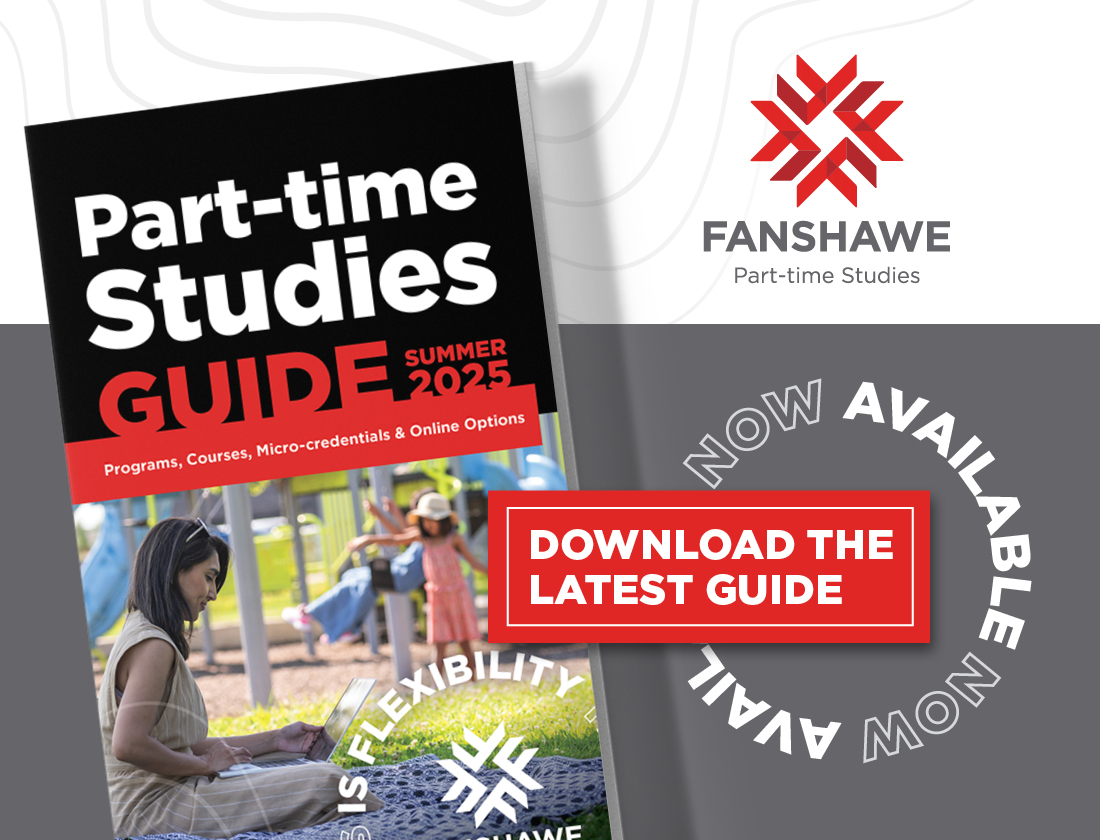
Overview
Bookkeeping Certificate Course
Please email STTCE@fanshawec.ca or call 519-633-2030 to ensure your email is accurate to obtain access to this course.
Please note this is not a Fanshawe Certificate or course. Ensure your contact information is up to date on Web Advisor. This course runs asynchronously online and is offered in partnership with LERN and UGotClass. Once completed you will obtain a LERN certificate.
The Bookkeeping Certificate courses must be taken in the below order (the classes build off each other):
Understanding Debits and Credits
In this course, you will learn about the accounting equation and the five categories involved in every business (Assets, Liabilities, Owner's Equity, Revenue and Expenses). Every financial transaction falls into one or more of these categories. Learn how to create a chart of accounts that meet the needs of your business. You will learn how double entry bookkeeping works and the process of recording debits and credits. This course will show you how to identify, analyze and record transactions using journal entries under the cash basis accounting method.
General Ledger and Month End Procedures
In this course, you will learn how to post journal entries to the correct general ledger accounts impacted by each transaction. This course will show you how to make sure your general ledger balances at the end of each month by preparing an unadjusted trial balance. You will learn how to look for errors when you don't balance, and how to determine to correct entries. After posting correcting entries and/or adjusting entries, you will verify debits and credits equal to an adjusted trial balance. This course also goes through the steps of performing monthly bank reconciliations.
Closing Procedures and Financial Statements
This course shows you how to create a worksheet used to adjust the account balances and prepare the financial statements. Use your financial statements to measure performance, make improvements and set goals. The final step covered in this course is closing your books and preparing them for the next accounting period; this is done by journalizing and posting closing entries.
For each Unit, you will:
- Access the online readings
- Listen to the audio presentation for the Unit and view the slides
- Take a self-quiz to see how much you have learned
- Engage in written online discussion with your instructor and other participants
For best learning, you should make one or more comments at 2-3 different times each day.
The content (readings, audio lectures, slides) and self quizzes are accessible for the entire course, so you can work ahead, or go back and review again, at your convenience.
Course Offerings
Summer 2025
Course Details
More detailsDownload the Part-time Studies Guide
What's included:
- How to assess if part-time learning is right for you
- Part-time learning options and the differences between each
- How to pay for your part-time education
- Part-time options within your area of interest
- How to sign up for part-time studies and where to get help


